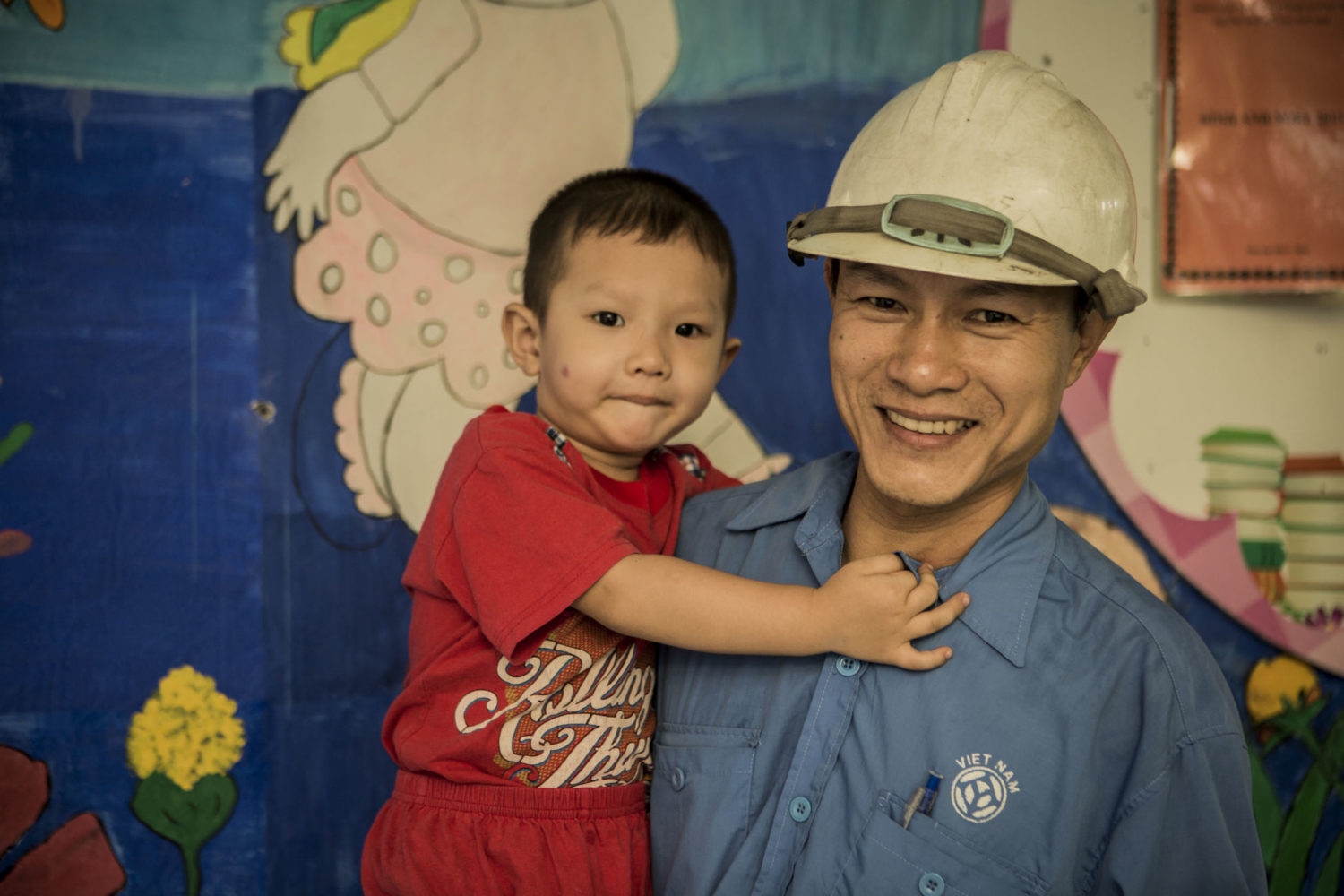It is necessary for States to have adequate legal and institutional frameworks to respect, protect and fulfil children’s right, and to provide remedies in case of violations in the context of business activities and operations
Our approach
Unicef UK advocates for the UK Government to fulfil its obligation to protect children’s rights with regards to the impact of the private sector. This is in line with the Committee on the Rights of the Child General Comment no. 16, as well as the UN Guiding Principles on Business and Human Right.
Our aim is to ensure the UK Government has the right legal and institutional frameworks in place to support business to respect children’s rights. We achieve this by working in coalition with other organisations advocating for change, providing evidence and inputs to Government consultations and inquiries, as well as providing research and technical support to policy makers.
Unicef UK is currently working on the following priority areas:
Transparency in Supply Chains in the UK Modern Slavery Act
Modern slavery is an important child rights issue. Children may be trafficked for work or forced into exploitative labour. The rights of children whose parents and caregivers are trapped in forms of modern slavery are also deeply affected. The Modern Slavery Act, by focusing on increasing transparency in supply chains, has provided an important step forward by the UK Government in ensuring business identify and understand their impacts on children’s rights and take action to better respects the rights of children.
Unicef UK is advocating for the strengthening of the Transparency in Supply Chains clause of the Modern Slavery Act to ensure that it achieves its goals, and the UK Government fully utilises its influence over business to meet its responsibilities regarding the respect for children’s rights.
Public procurement and children’s rights
The UK Government spends approximately £270 billion a year on procuring goods, works and services. Risks of modern slavery exist in Government supply chains in the same way as they do in those of businesses. There are well-documented examples of child labour in the production of commonly used goods purchased through public contracts, such as surgical instruments used by the NHS. Poor working conditions or exploitation of parents and carers common in many supply chains, can also undermine a child’s right to education, play or access to healthcare.
Public procurement is one of the strongest levers the Government has to ensure business’ compliance with its responsibilities to respect human and child rights. Unicef UK is advocating for children’s rights to be fully taken into consideration in public procurement processes, so that child rights are respected in Government supply chains.
Children’s rights in the digital world
Children in the UK are going online at an increasingly early age with 99% of 12-15-year-olds spending over 21 hours a week online. Children are entitled to the same rights online as in the physical world, but often lack the necessary protections to ensure these are upheld. Risks of sexual exploitation and cyber-bullying are serious issues which regularly make the news, but less visible are risks to children’s privacy through the use and sharing of their data, as well as limits on their access to information or development due to restrictive controls and surveillance.
Unicef UK is working alongside a range of organisations to ensure that children’s rights are at the heart of developing legislation and implementation guidance for providers of online services used by children.


